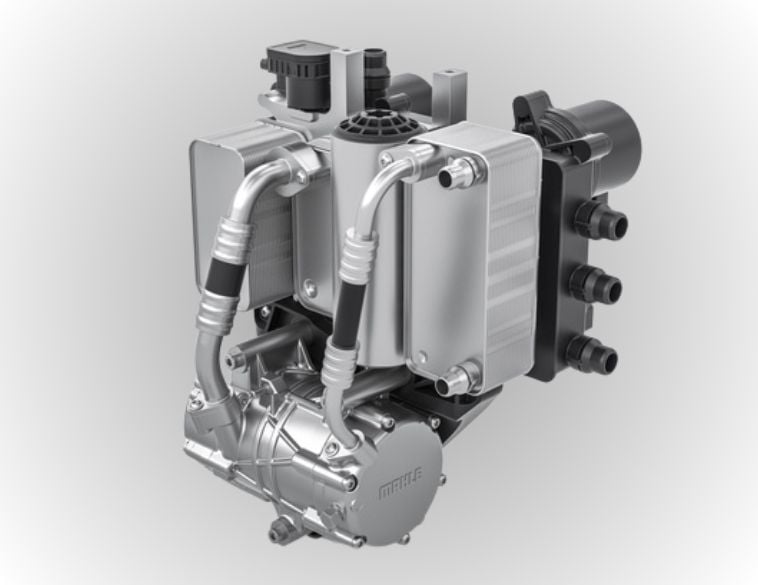As we head into 2023, there are some challenges, but also some solid opportunities for the industry.
When we look at the auto care industry in Canada today, there are three issues many of us are concerned with.
The first is the ongoing labor shortage. Our members and aftermarket businesses across the country continue to struggle in finding qualified staff. The capacity to recruit people remains a challenge, and likely will for the foreseeable future, certainly well into 2023 and likely beyond. The second issue is the future of aftermarket service work itself, in this case, the infrastructure, tools, and equipment businesses will need to get the job done.
And that really leads to the third aspect, which is data and access to information. Vehicles are becoming increasingly connected, and, as we’ve already seen, who owns the data and who can access it has become a very contentious issue. Right to Repair legislation, both here in Canada and in the U.S., has been making the rounds over the last few years.
Moving forward
In Canada, we’ve seen Bill C231, tabled by MP Brian Massie. It is still in contention and although we have yet to see whether it will be passed by the House of Commons, AIA Canada continues to monitor that closely and it will very much remain part of the conversation in 2023. Bill C244, the Copyright Act, has passed its second reading and we are expected to be called upon as witnesses for this bill in front of the House committee. Even though it is a broad-based bill, it’s still very important for the aftermarket, because it has a direct impact on Right to Repair legislation which the government continues to discuss. There is also a lot of focus on what is happening in the U.S. since the aftermarket industry on both sides of the border is very much intertwined. There is a lot of interest right now concerning Right to Repair legislation in Massachusetts, which is still working its way through the courts. The ultimate outcome of that bill will likely influence how OEMs react to data sharing and it will be a critical piece for the aftermarket in both countries. When you think about information sharing and data access, the overarching goal is to have legislation that is practical, enforceable, and takes into account telematics, which is something the voluntary CASIS agreement did not. Ultimately, as we’ve said previously, we want to ensure that there is a level playing field when it comes to accessing repair information—for both the aftermarket and OEM franchise dealers.
Positive outlook
We recently released our 2022 Outlook Study report, and the findings from that indicate a positive outlook for the aftermarket in 2023. Inflation will remain relatively high for the next few years, and while we’ve seen wage pressures, driven by both this and a very tight labor market, there are positive factors that outweigh the negatives. New vehicle inventory is expected to remain tight at least through 2024, and this, combined with many consumers cutting back on big-ticket purchases as a result of rising interest rates and cost of living, means more opportunity for the aftermarket. More consumers are choosing to keep their existing vehicles and making the decision to perform repairs. Plus, we’ve also seen a trend toward delaying maintenance over the last 18 months, and, as the economy continues to open up and people drive more, we are likely going to see more of this maintenance work filter into the aftermarket. Additionally, while supply chain disruptions continue to be a challenge, we’ve also seen a trend toward more and more parts manufacturers producing goods in North America again, which also bodes well for our industry over the longer term.
While the last three years have been extremely challenging, they’ve also demonstrated the incredible resilience of the automotive aftermarket. As an industry, we are extremely committed to the automotive service needs of Canadians. We are present in every riding across this country, employ half a million people, and generate $30 billion annually for the economy. We are an immense resource for this country, and we need to stand up and be proud of that; especially as we head into 2023 and beyond.



